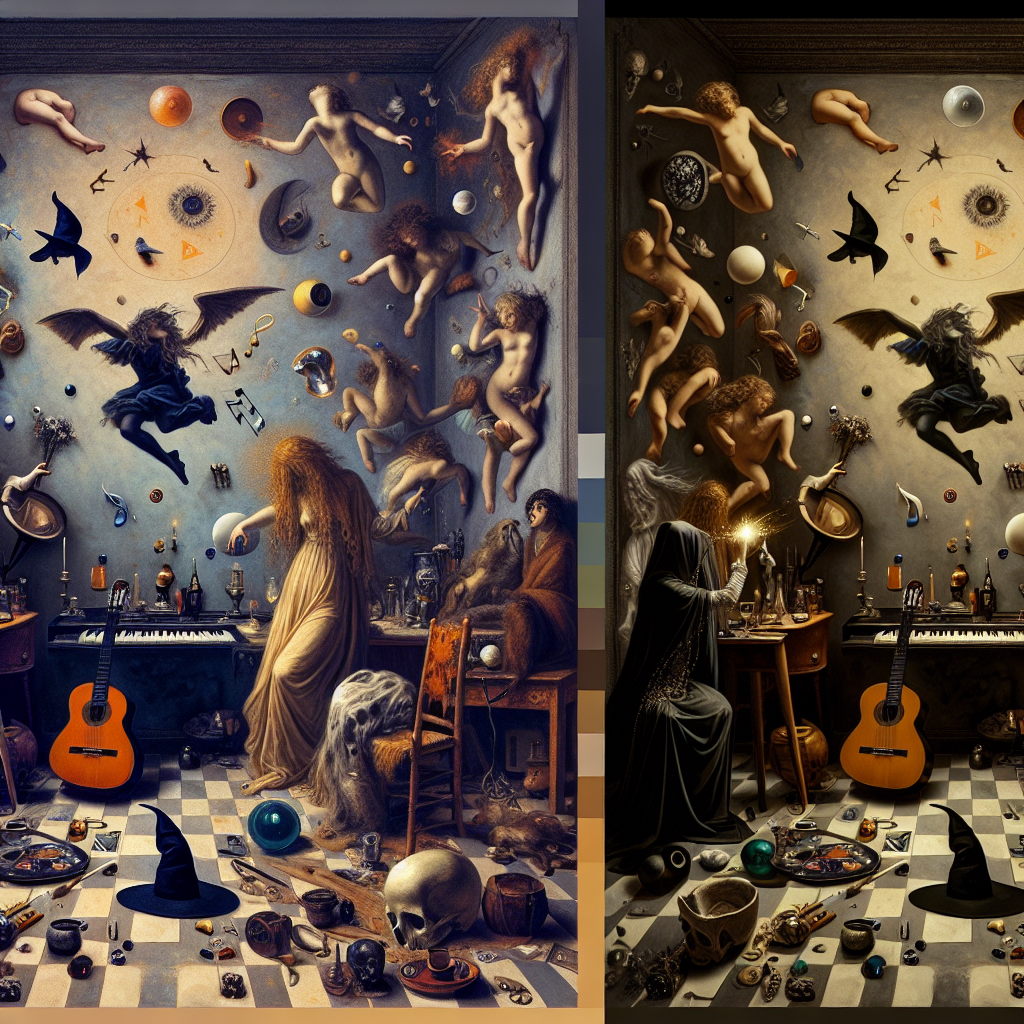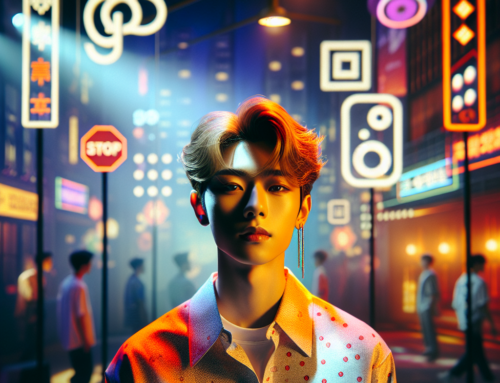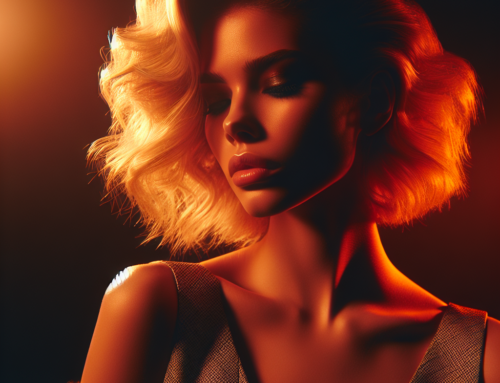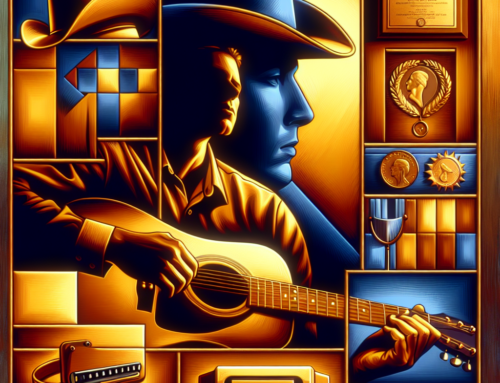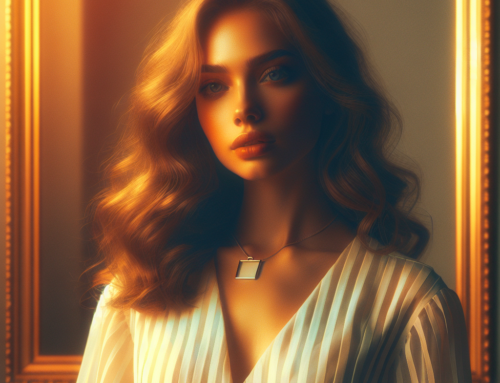-
Table of Contents
“`html
Witch Pop: Dark, Witchy Vibes in Pop Music
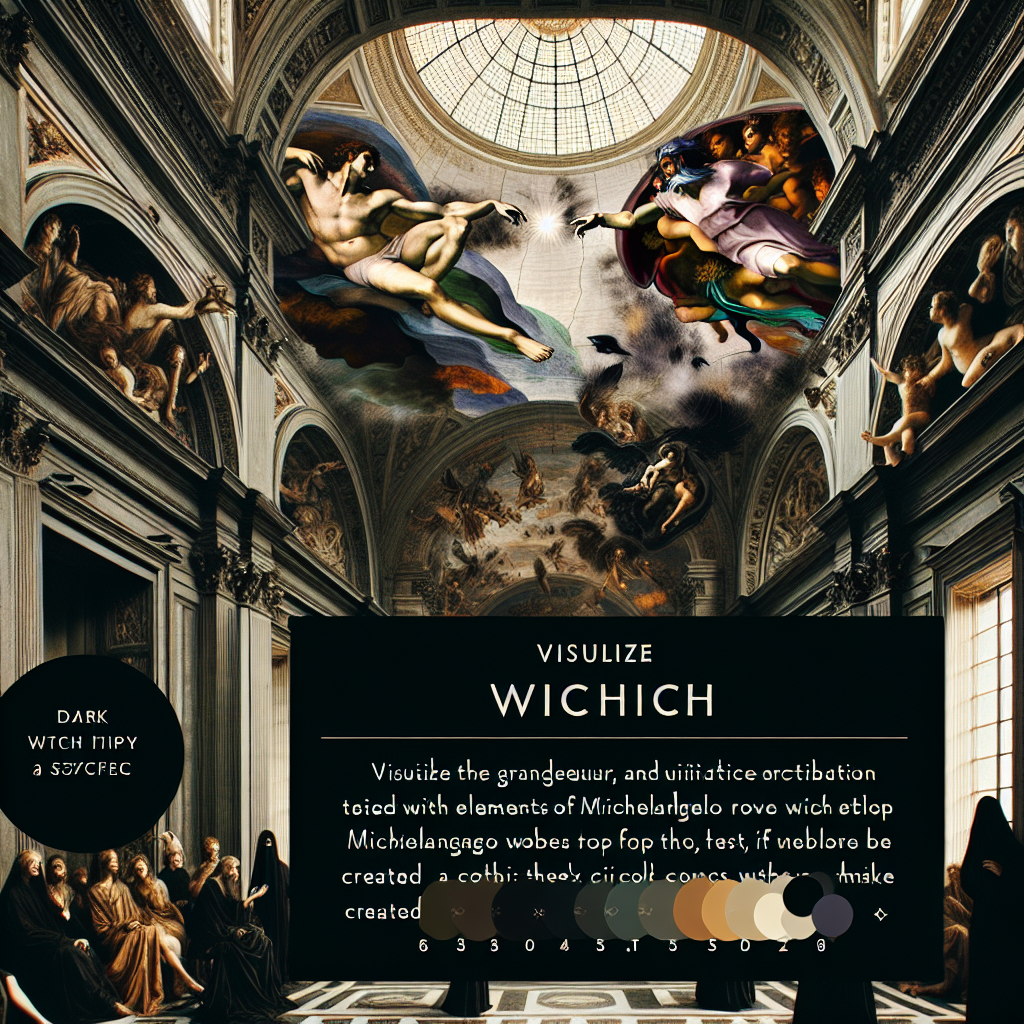
Witch Pop is a fascinating subgenre of pop music that blends dark, mystical themes with catchy melodies and modern production. This genre has been gaining traction, captivating audiences with its unique blend of the ethereal and the mainstream. In this article, we explore the elements that define Witch Pop, its cultural impact, and notable artists who have embraced this enchanting style.
Top 5 Tips for Understanding Witch Pop
- Recognize the thematic elements: Witch Pop often incorporates themes of mysticism, nature, and the supernatural.
- Identify the musical influences: This genre blends pop with elements of gothic, electronic, and folk music.
- Explore the visual aesthetics: Artists often use dark, mystical imagery in their music videos and album art.
- Listen to key artists: Familiarize yourself with artists like Florence + The Machine, Lana Del Rey, and Lorde.
- Understand its cultural roots: Witch Pop draws from historical and contemporary witchcraft and pagan traditions.
Defining Witch Pop
Witch Pop is characterized by its fusion of pop music with dark, mystical themes. It often features haunting melodies, ethereal vocals, and lyrics that explore themes of magic, nature, and the supernatural. This genre is not just about the music; it encompasses a broader cultural aesthetic that includes fashion, art, and lifestyle.
Musical Influences
The sound of Witch Pop is heavily influenced by a variety of genres, including gothic rock, electronic music, and folk. Artists often incorporate atmospheric synths, haunting piano lines, and ethereal vocal harmonies to create a sound that is both otherworldly and accessible. The result is a genre that feels both timeless and contemporary.
Notable Artists in Witch Pop
Several artists have become synonymous with the Witch Pop genre, each bringing their unique style and interpretation to the music.
Florence + The Machine
Florence Welch, the lead singer of Florence + The Machine, is often credited with popularizing Witch Pop. Her music combines powerful vocals with lush, orchestral arrangements and lyrics that explore themes of love, loss, and the supernatural.
Lana Del Rey
Lana Del Rey’s music is known for its cinematic quality and nostalgic references to Americana. Her lyrics often delve into themes of romance, tragedy, and the occult, making her a key figure in the Witch Pop movement.
Lorde
New Zealand singer Lorde has also been associated with Witch Pop, thanks to her introspective lyrics and minimalist production. Her music often explores themes of youth, identity, and the mystical aspects of everyday life.
Cultural Impact of Witch Pop
Witch Pop has had a significant cultural impact, influencing not only music but also fashion, film, and literature. The genre’s embrace of mystical and supernatural themes resonates with audiences seeking an escape from the mundane. It also reflects a broader cultural interest in witchcraft and paganism, which have seen a resurgence in recent years.
Fashion and Aesthetics
The visual aesthetics of Witch Pop are as important as the music itself. Artists often use dark, mystical imagery in their music videos and album art, drawing inspiration from historical witchcraft and pagan traditions. This aesthetic has influenced fashion trends, with an emphasis on flowing garments, dark colors, and symbolic jewelry.
Conclusion
Witch Pop is a captivating genre that blends the mystical with the mainstream, offering a unique listening experience that is both enchanting and thought-provoking. By exploring themes of magic, nature, and the supernatural, Witch Pop resonates with audiences seeking depth and meaning in their music. As the genre continues to evolve, it will undoubtedly inspire new generations of artists and listeners alike.
For more information on the cultural roots of witchcraft and its influence on music, you can visit Wikipedia.
“`
